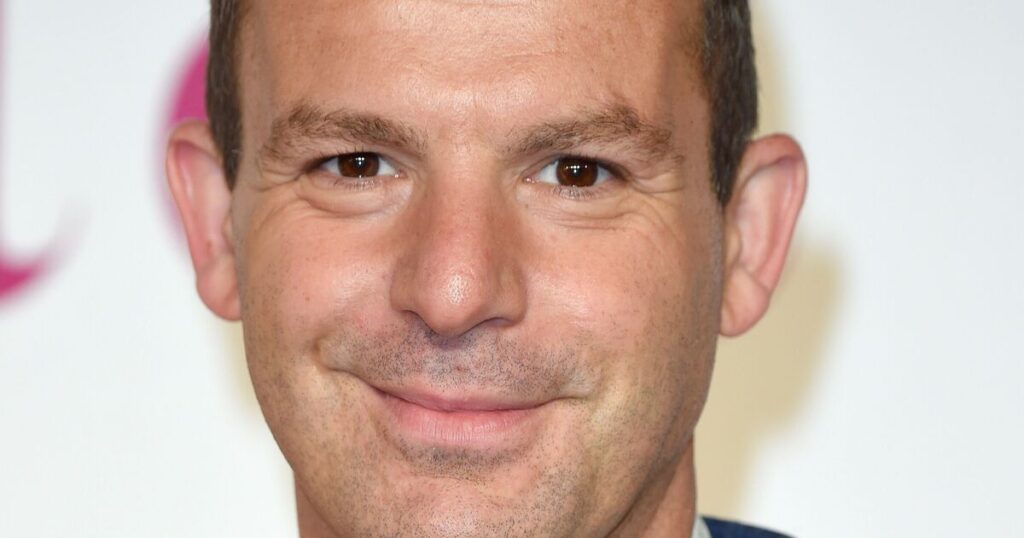
Martin Lewis has issued urgent pension advice warning that people could be “throwing away free cash”. This move could see you lose out financially in the long run.
Writing for his site, Money Saving Expert (MSE), Martin stressed the importance of keeping your workplace pension going. Opting out of paying is a “bad idea”, as is lowering your contributions, he said.
This is because it means you could be missing out on vital pension contributions from your employer. Firstly Martin explained that employees aged 22 to 66 earning over £10,000 are automatically enrolled into a pension.
He said: “In other words, you are ‘opted in’ to contributing without being asked.
« I’m a supporter of this as it pushes people into good financial behaviour and, crucially, because if you’re opted in, your employer must contribute too.”
According to Martin, the minimum contribution is eight percent on earnings between £6,240 and £50,270. Your employer must contribute a minimum three percent-worth of that (meaning you pay five percent) – though some contribute more.
“This is a huge boon,” he continued. “It means it pays you more in total (though of course, your disposable income is less due to your contribution).”
As an example, if you pay £100 into your pension, the employer adds £60, so that’s £160 total going in. Martin said: “Yet due to the tax relief, this only costs you £80.
“So that’s double invested compared to what it costs you, and this is accelerated for those on higher tax rates (I’ll leave you to decide whether that’s fair or not).” He then issued his warning.
While it may seem tempting at the time to boost your current pay, Martin advised against not paying towards your pension. He said: “Beware ‘opting out’ or even just dropping contributions.
“Opting out is usually a bad idea, as you’re throwing away free cash. See my old don’t give up a pay rise blog for the very few times it may be worth considering.Even more so, you may think ‘I just want to lower my contributions’.
“Yet if you lower it below the minimum five percent, then your firm doesn’t need to contribute (many do, but they don’t have to), so check that by doing that you’re not losing all their cash.” Even if you earn under £10,000 or are outside of the age bracket, you might still have the chance to opt into a scheme – you should ask at work to find out more.
A workplace pension differs from your State Pension, which depends on your National Insurance record.
